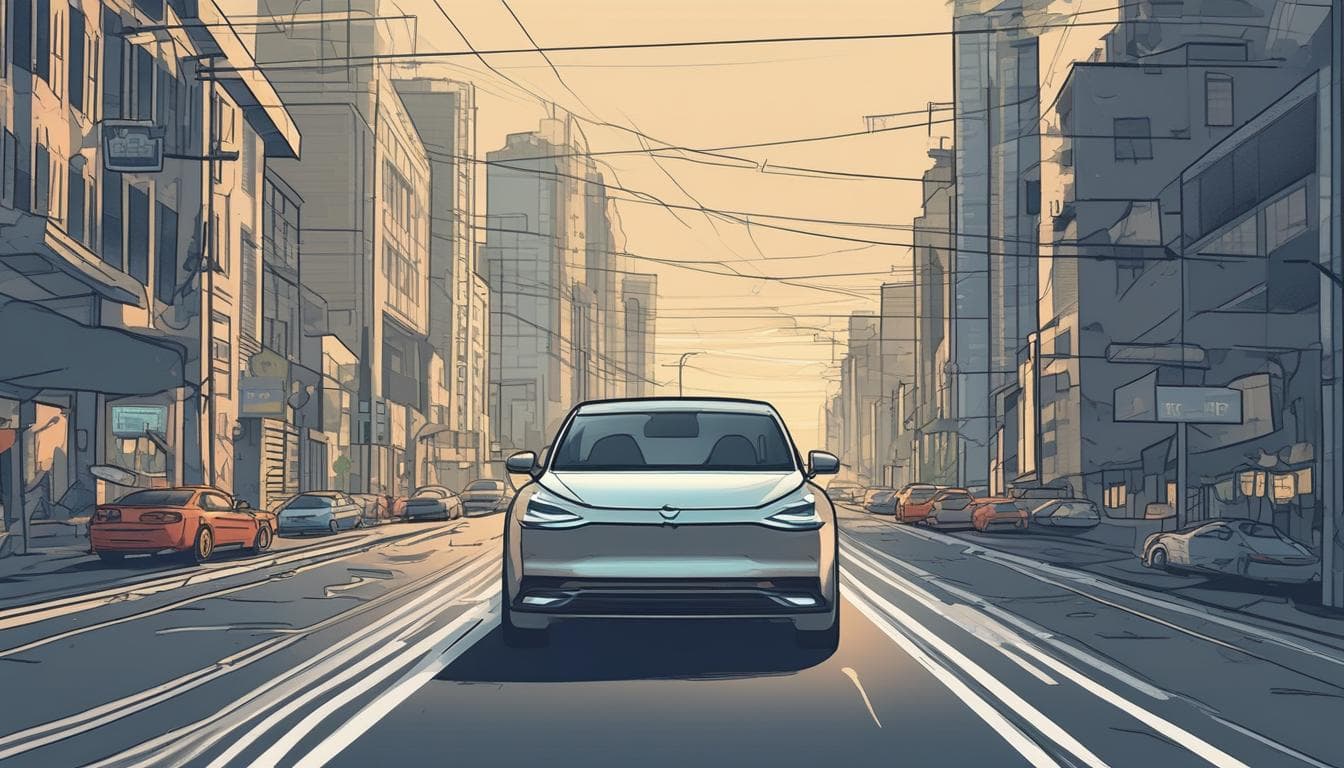The automotive industry is rapidly evolving, driven by the increasing demand for software-defined vehicles and advanced functionalities like autonomous driving and connected car features. This transformation demands new approaches to software development and deployment, and serverless computing is emerging as a game-changer. Serverless architectures offer significant advantages for automotive software development, enabling faster development cycles, improved scalability, reduced costs, and enhanced operational efficiency.
The Power of Serverless in Automotive
Serverless computing allows developers to focus solely on writing code without managing servers. The cloud provider handles the underlying infrastructure, automatically scaling resources up or down based on demand. This eliminates the need for provisioning, managing, and maintaining servers, freeing up developers to concentrate on creating innovative automotive applications.
Enhanced Scalability and Flexibility
The automotive industry experiences fluctuating workloads, such as spikes in demand during peak traffic hours or special events. Serverless computing seamlessly scales resources to meet these demands, ensuring high availability and responsiveness for critical applications like navigation, traffic updates, and emergency services. 
Cost Optimization
Traditional server-based infrastructure requires significant upfront investment and ongoing maintenance costs. Serverless computing shifts the cost model to a pay-as-you-go approach, where you only pay for the compute resources consumed. This reduces operational expenses and allows automakers to invest more in research and development.
Faster Time to Market
Serverless platforms simplify the deployment process, allowing developers to quickly deploy and update software without complex infrastructure management. This accelerates the development lifecycle, enabling automakers to bring new features and functionalities to market faster, gaining a competitive edge. 
Serverless Applications in Automotive
Connected Car Services
Serverless computing is ideal for powering connected car services, such as real-time traffic updates, remote diagnostics, and infotainment systems. Its scalability and responsiveness ensure a seamless user experience even during peak usage.  The convergence of technologies like EVs and IoT is particularly relevant in this context.
The convergence of technologies like EVs and IoT is particularly relevant in this context.
Autonomous Driving
Autonomous driving systems generate massive amounts of data that needs to be processed and analyzed in real-time. Serverless computing provides the necessary computational power and scalability to handle this data deluge, enabling efficient data processing for critical decision-making.  For a broader perspective, consider the AI revolution in automotive, which touches on similar themes.
For a broader perspective, consider the AI revolution in automotive, which touches on similar themes.
Over-the-Air (OTA) Updates
Serverless platforms facilitate seamless OTA updates for vehicle software, allowing automakers to quickly deploy bug fixes, security patches, and new features without requiring physical access to the vehicle. 
Challenges and Considerations
Security Concerns
While serverless platforms offer robust security features, automakers must carefully address security concerns related to data privacy and access control, particularly for sensitive data generated by connected and autonomous vehicles. The cybersecurity imperative is crucial in the age of connected vehicles.
Vendor Lock-in
Choosing a specific serverless provider can create vendor lock-in, making it challenging to migrate to a different platform in the future. Automakers should consider multi-cloud or hybrid cloud strategies to mitigate this risk.
Latency Issues
Certain serverless functions may experience latency issues, which can be critical for real-time applications like autonomous driving. Automakers should carefully optimize their serverless applications to minimize latency and ensure responsiveness.
The Future of Serverless in Automotive
Serverless computing is poised to play an increasingly important role in the automotive industry. As the demand for software-defined vehicles and advanced functionalities continues to grow, serverless architectures will become essential for enabling efficient software development, scalable deployments, and cost-effective operations. The future of automotive software development is serverless, and automakers who embrace this technology will be well-positioned to lead the charge in the next generation of mobility.
The convergence of serverless computing with other emerging technologies like edge computing and AI will further revolutionize the automotive industry, paving the way for truly innovative and transformative automotive experiences. By leveraging the power of serverless, automakers can unlock new possibilities in connected cars, autonomous driving, and the broader automotive ecosystem, shaping the future of mobility as we know it. It's time for the automotive industry to embrace the serverless revolution and drive towards a future of innovation and efficiency. What are your thoughts on the role of serverless computing in the automotive industry? Share your insights and join the discussion below.






